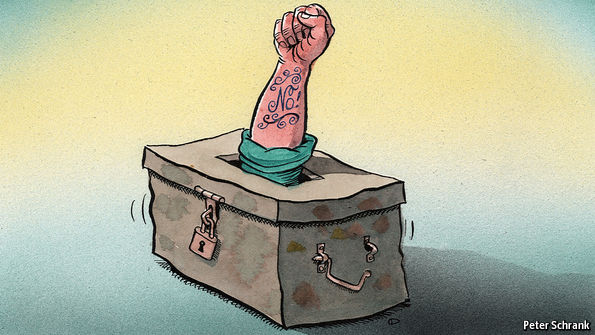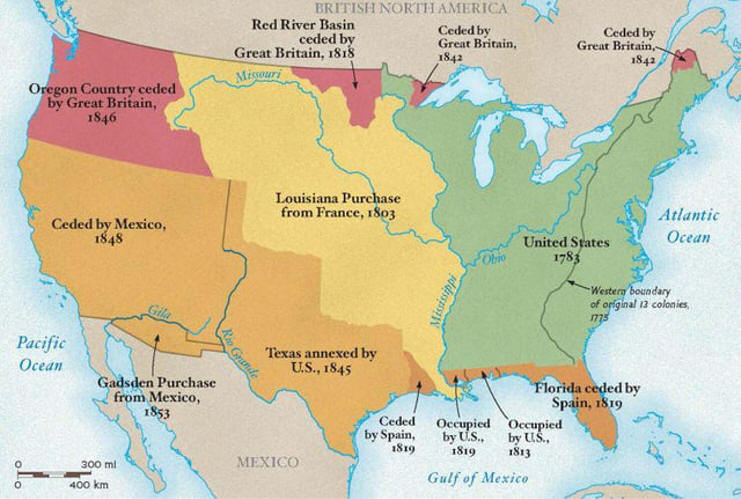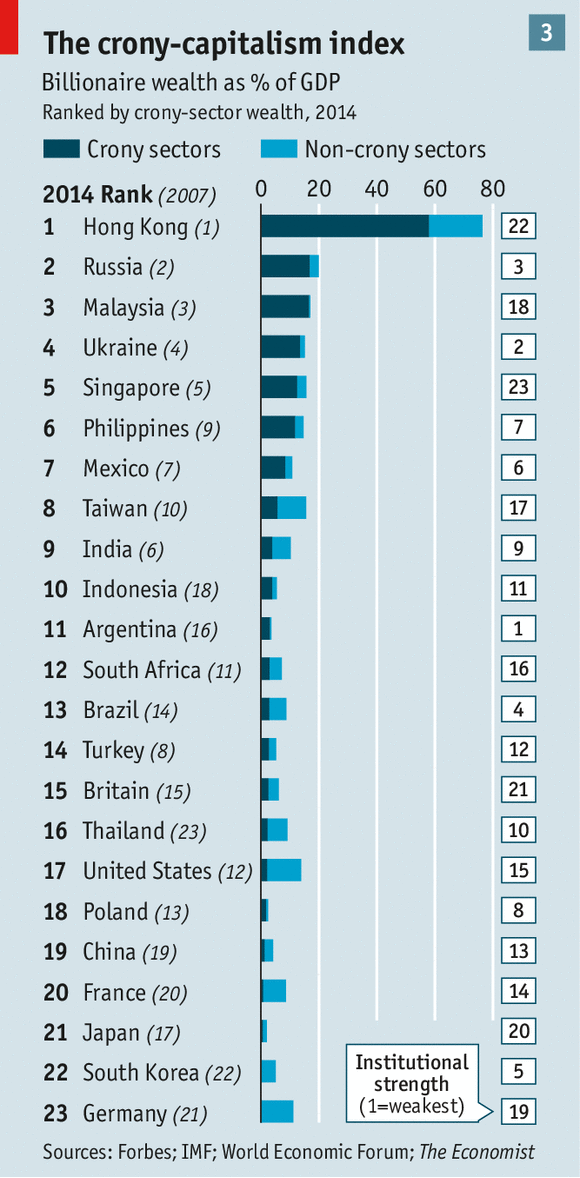|
Chapter 3 | |
| I. Characteristics of Capitalism |
Political Economy Internet Library
|
|
Ch 3 Lecture Notes 1-page printable lecture notes I. Basic A. Economic systems determine what to produce, how to produce and who will receive production. B. An economic system must also have the ability to adapt to changing economic environments. Example, How will America's economic system adapt to changes caused by 9/11? C. Adam Smith described the beginning of market based capitalism 1776 Wealth of Nations: An Inquiry into the Nature and Causes of the Adam Smith on the Morality and Markets D. Basic characteristics described by Adam Smith 1. Private property -the right to own resources and bequeath property 2. Freedom of enterprise-own a business 3. Freedom of economic choice-work/not work, spend/not spend ... 4. Role of self-interest a. People are by nature economic creatures b. Self-interest is a fundamental characteristic of people 5. Competitive Market System a. Many buyers and sellers with little control over price b. Competition performs the organizing and controlling functions for a market economy 6. Limited government ("Laissez-faire ") Balance Countervailing Forces required to guide capitalism to maximum benefits a. Government should let markets be with a hands-off philosophy b. Acceptable government involvement has become an important political question in the United States from the revolution. c. Francois Quesnay popularized term laissez faire. d. Free Anne was an influential limited government author. |
Political
Economy
Government Options
|
|
E 1. Advantages a. Economic freedom helps political freedom b. Government ownership often leads to a powerful state and less political freedom. see 1984 audio book Spark Notes video c. Maximum economic success requires efficiency d. Economic growth required for efficiency e. Most successful economic system to data 2. Disadvantages a. Monopoly power over product and labor markets limits advantages. b. Social costs (pollution) and benefits (health care) often ignores. c. Inherited Wealth can lead to inequality and social unrest d. Diminishing utility from wealth accumulation means society's total wealth is not maximized e. Prone to boom and bust cycles causing much hardship F. Capitalism leads to Creative Destruction 1. First described by 20th century sociologist and economist Joseph Schumpeter, it was an important new idea of capitalism. 2. Change involves creation of technology, improved economic structures, the destruction of inefficient economic structures. 3. Capitalism allows this destruction to take place causing participant insecurity, political dissatisfaction and a move toward authoritarianism. Think Trump |
 |

























